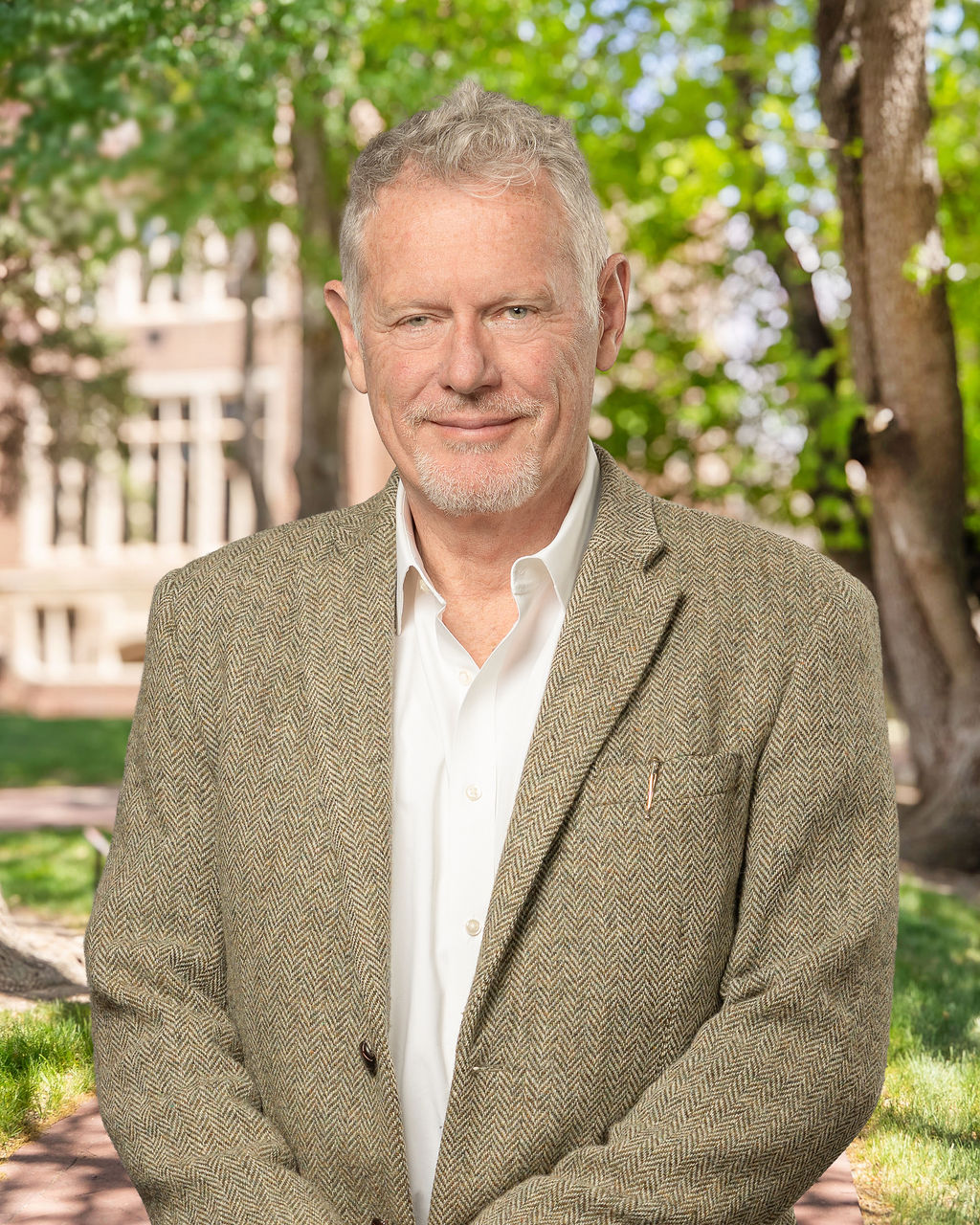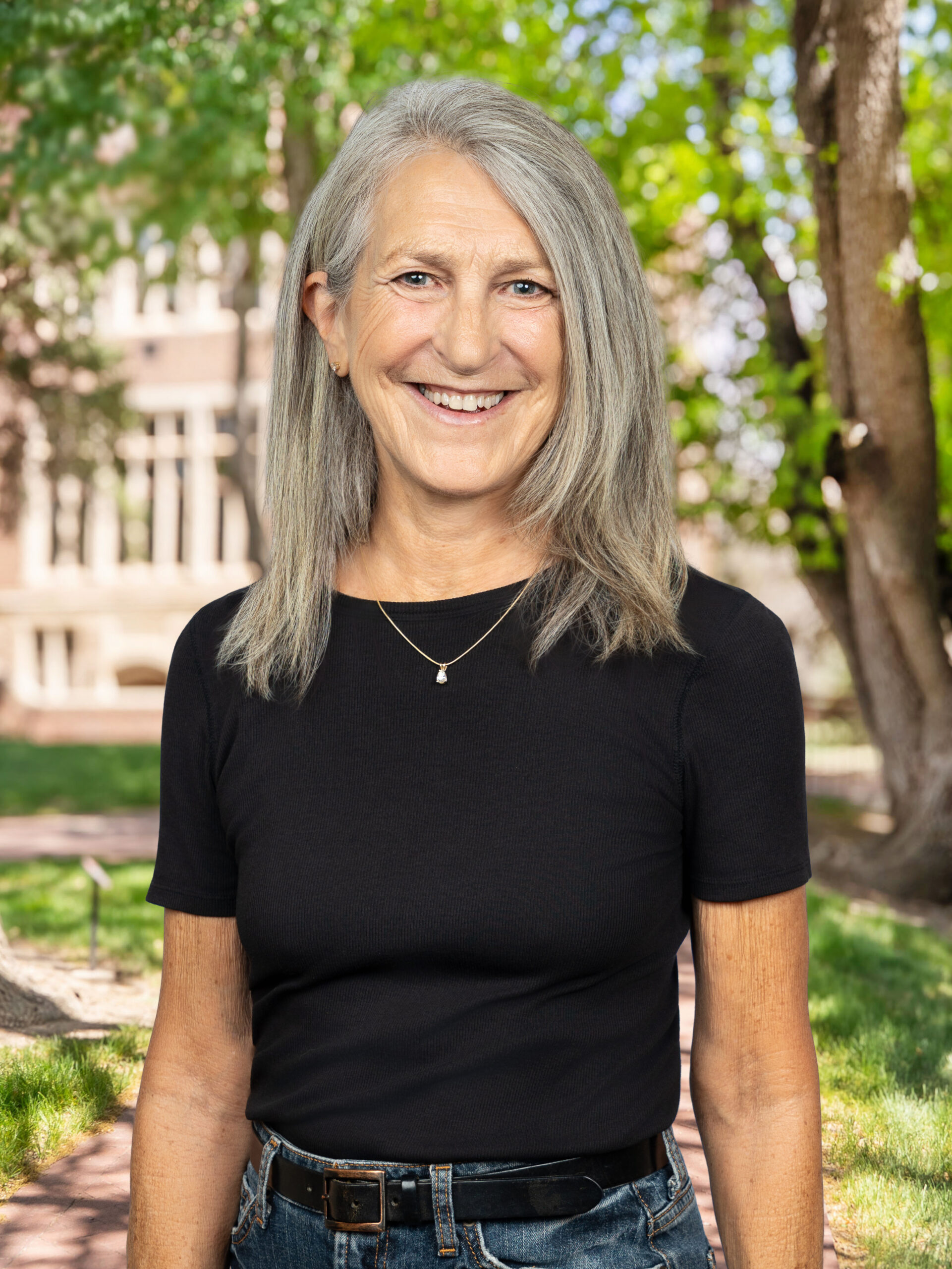90% of applicants who apply by the priority deadline receive scholarship support. Apply now!
Now accepting applications for Fall 2026. Apply now!
90% of applicants who apply by the priority deadline receive scholarship support. Apply now!
Now accepting applications for Fall 2026. Apply now!
How do post-war empowerment interventions impact women's lives? The Women's Rights After War (WRAW) project asks which women benefit from new opportunities, suggesting that the implementation of gender-egalitarian laws and policies often maps onto existing socio-political cleavages.
How do women contribute to violent conflict and peacebuilding? Questioning traditional narratives that emphasize women's victimhood at the expense of their agency, Professors Hilary Matfess and Marie Berry take a holistic approach to understanding the many ways that women and gender norms contribute to the dynamics of war and its aftermath.


Seth Masket (with Hans Noel). 2021. Political Parties: A Modern Book for a Modern Parties Course.
Read
Alvin Camba. June 15, 2021. How Duterte Strong-Armed Chinese Dam Builders But Weakened Philippine Institutions.
Read
Deborah Avant. 2021. America’s Pragmatic Role?
Read
Deborah Avant. 2021. “Governance Shifts in Security: Military and Security Services and Small Arms Compared. In Global Governance in a World of Change. Eds Michael Barnett, Jon Pevehouse, and Kal Raustiala. Cambridge University Press.
Seth Masket. 2020. Learning from Loss: The Democrats 2016-2020.
Read
Deborah Avant (with Kara Kingma Neu). 2020. Military Dissent Could Curb Democratic backsliding in the US. Political Violence at a Glance.
Read
Martin Rhodes (with Manuella Moschella). 2020. A tale of two populisms: the League and the Five Star Movement in Power.
Read
Tricia Olsen (with Geoff Dancy and Bridget Marchesi, Leigh A. Payne, Andrew G. Reiter and Kathryn Sikkink). 2019 “Behind Bars and Bargains: How Justice Policies Change Human Rights Practices in New Democracies.”
Deborah Avant. 2017. Innovations in Global Governance. Council on Foreign Relations Report.
Read
Naazneen Barma.2017.The Peacebuilding Puzzle: Political Order in Post-Conflict States.
Read
Martin Rhodes. 2016. A Future of Competitive Corporatism.
Deborah Avant (with Martha Finnemore and Susan Sell). 2010. Who Governs the Globe? Cambridge University Press.
Rachel Epstein. 2005. "NATO Enlargement and the Spread of Democracy: Evidence and Expectations," Security Studies.
Rachel Epstein. 2006. "When Legacies Meet Policies: NATO and the Refashioning of Polish Military Tradition," East European Politics and Societies.
Deborah Avant (with James Lebovic). 2000. “US Military Attitudes toward Post-Cold War Missions,” Armed Forces and Society.
Deborah Avant. 1998. “Conflicting Indicators of ‘Crisis’ in American Civil-Military Relations,” Armed Forces and Society.
Deborah Avant. 1994. Political Institutions and Military Change: Lessons from Peripheral Wars.
In partnership with CSIS, the Sié Chéou-Kang Center and Center for Europe and the World at the Josef Korbel School of Global and Public Affairs hosted a workshop exploring the roots of discontent with the liberal international order. The workshop brought together the different perspectives on this question from political science scholars that study international relations, comparative politics, and American politics along with anthropologists and sociologists. The goal was to examine why some citizens have lost faith in democratic institutions and explore potential ways in which faith can be built around inclusive processes that maintain openness while serving the needs of local, national, and global publics.
"The New Power Politics: Networks, Governance, and Global Security" examined how various associations of state and non-state actors addressing security issues might be thought of as networks or governance systems. Participants were an international group of scholars focused on a wide range of contemporary security issues, and each participant was responsible for a paper addressing the interaction between networks, governance and power. Led by Deborah Avant, Sié Chair and Director of the Sié Chéou-Kang Center, and Oliver Westerwinter, lecturer at the European University Institute with support from the International Studies Association and the One Earth Future Foundation.
Copyright ©2026 University of Denver | All rights reserved | The University of Denver is an equal opportunity institution